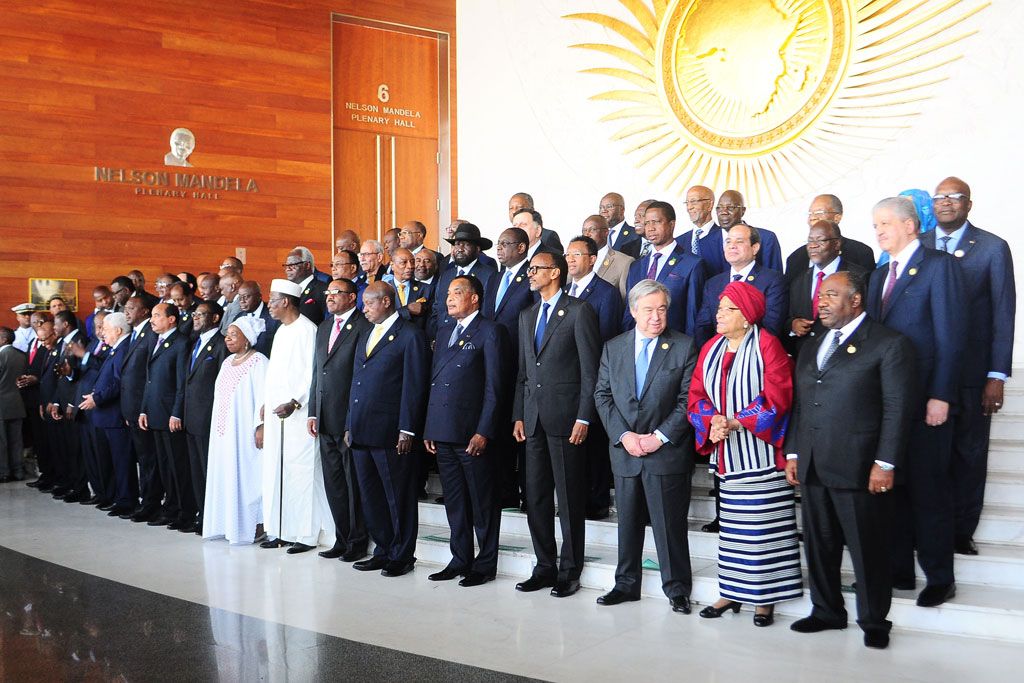Rising dollar debts still a worry for Africa
May 19, 20172.3K views0 comments
*Govts advised to embrace local currency liabilities…
Despite having a chunk of their dollar denominated debts written off in 2005, most African governments are still neck deep in foreign currency debts, which have been estimated to be rising to the $500 billion mark, according to Reuters.
Analysts are worried that over a decade later, most sub-Saharan African countries still rely on U.S. dollar-denominated debt to finance their economies, with some investors saying that it is sowing the seeds of future debt crises if local currencies devalue and make dollar debt repayments more expensive.
The United Nations trade body, UNCTAD, specifically estimates that Africa’s external debt stock rapidly grew to $443 billion by 2013 through bilateral borrowing, syndicated loans and bonds.
Read Also:
- NCAA offers passengers additional protection on flight disruption worry
- Experts advocate efficient cybersecurity frameworks amid rising digital threats
- Africa's prospects in new Trump's era (2)
- LINX set to expand interconnection service delivery into West Africa
- ADF releases $99m initial financing for development of rice cultivation…
Data from Frankfurt-based index provider Concerto Financial Solutions shows 37 sub-Saharan African nations with outstanding local currency debt of just under $260 billion by end-2016.
Of that $146 billion is from Africa’s most developed economy, South Africa, while Nigeria accounted for $40 billion – the only African markets big and liquid enough to qualify for the GBI-EM index, widely used by emerging debt investors
Concerto said stripping out South Africa, 16 African countries have borrowed roughly $30 billion in bonds since 2007. In addition, China has extended tens of billions of dollars in loans and some countries have new debts to multilateral lenders.
The recent sharp currency devaluations across the continent have pushed up the cost of servicing this debt pile, which continues to grow, and have become a burden on the development of the continent.
Aside from South Africa and Nigeria, governments have not yet done enough to develop capital markets that would have allowed them to raise more money in their own currencies, investors say.

“We all thought (Africa) was going to be the next emerging market. Governments should have been getting rid of dollar liabilities and moving into local currency liabilities, which is what Brazil did 20 years ago and Mexico 30 years ago,” Bryan Carter, head of emerging debt at BNP Paribas Investment Partners told Reuters.
The report indicated that in 2007 Carter was optimistic enough to hold a third of his fund in sub-African local debt. Now he has zero exposure outside of South Africa, he said, adding: “They just fell back into the ‘original sin’ trap of borrowing in dollars.”
After the debt, owed to multilateral organizations such as the International Monetary Fund, was wiped out, investors such as Carter were prepared to accept the risks of buying local currency bonds, in exchange for higher returns.
That would have allowed governments to run their economies, regardless of exchange rate moves between the U.S. dollar and domestic currencies. Currency and interest rates fluctuations have long been a source of emerging market crises.
The analysts believe that stimulating local bond markets, could have helped start a domestic savings and investment industry and also helped to reduce the reliance on commodities exports – a major source of the dollar income needed for debt repayments.
But there’s been little progress on the steps needed to foster local debt markets – pension reform, inflation targeting and making currencies more flexible. Those markets that have emerged are small and with low trading volumes, a similar story to many African equity markets.
“While Africa’s current external debt ratios currently appear manageable, their rapid growth in several countries is a concern and requires action if a recurrence of the African debt crisis of the late 1980s and the 1990s is to be avoided,” UNCTAD warned last year.
Other emerging markets in contrast have shifted almost entirely to borrowing at home. Debt denominated in emerging currencies totals about $15 trillion, or 80 percent of the developing world’s bond stock.
